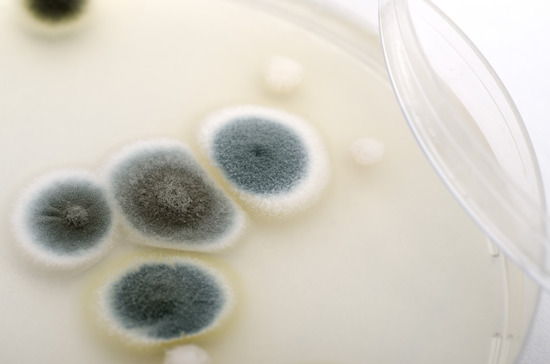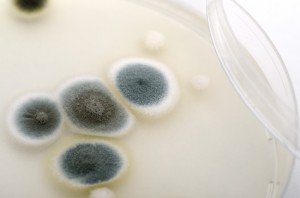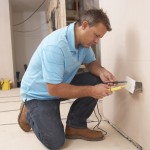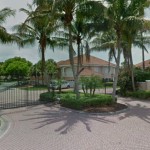How Dangerous IS Mold?

Mold is a big problem in renovations and most of the time, you don’t even know you have it in your home.
Many homebuyers want to know if their house has mold, once had mold, or could have mold in the future. People are becoming so sensitive to materials, food, and allergens in the air that any type of mold or mold issue is turning away buyers.
But is it really as dangerous as everyone is making it out to be?
According to an article in Realty Times, the extreme reaction to the word mold is getting thrown out of proportion when in fact many homes have a very common type of mold. 
Now this is not to say that mold is not an issue you should be concerned with, but some types of molds are more dangerous and more deadly than others. Some may cause health problems and others may not. Heck, you probably have mold in your refrigerator right now growing on something that’s not causing you any harm unless you ingest it. And its not like you’re going to eat that big hunk of cheese with that weird green stuff growing on it anyway.
“Black mold” is very rare and more common types of molds like mildew are found in just about every home. Efficiency, insulation, and modern building techniques all add to the chance that mold may or may not be more prevalent in your home versus another person’s home. Air circulation might be so tight that dampness can linger, for example, providing the perfect environment for mold to grow. Unfortunately, you won’t be able to determine whether your home is a mold victim until you get a home inspection.
Improperly vented bathroom fans are one of the culprits that could create mold in a bathroom. Any spills or leaks that are left unattended can also create mold. Improper attic ventilation can cause mold in the attic and the roof, too. Make sure you discuss proper attic ventilation with contractors, remodelers and inspectors to avoid this from becoming an issue.
Basements and crawl spaces are also key locations for mold. If the basement has concrete block walls, rather than the poured concrete walls that have been fairly standard for 30 plus years now, it will usually show some evidence of effervescence, which is water seeping slowly into the pores in concrete blocks.
Your inspector should be able to tell you whether mold in your home is dangerous and/or can be remedied. Call us for great tips on a healthy home inspection if you’re feeling lost.





